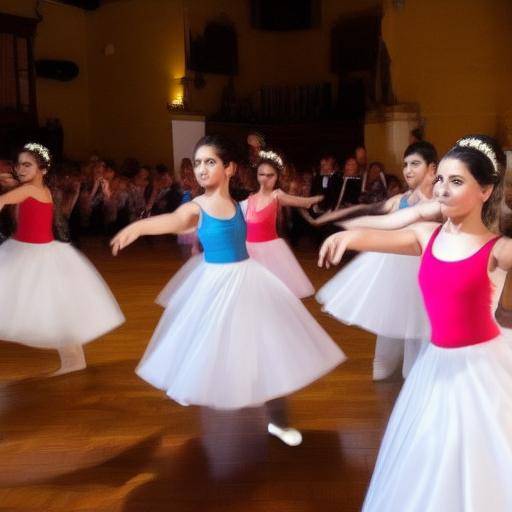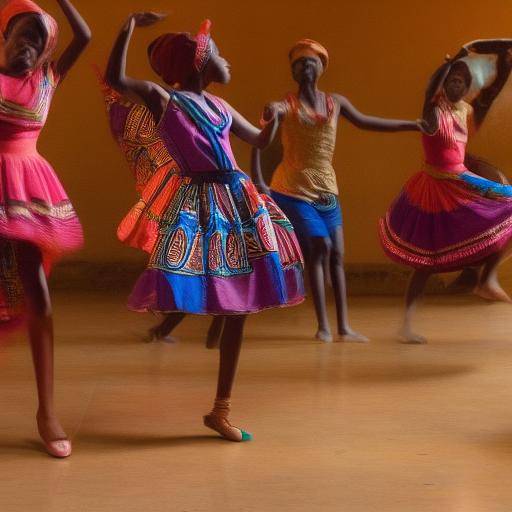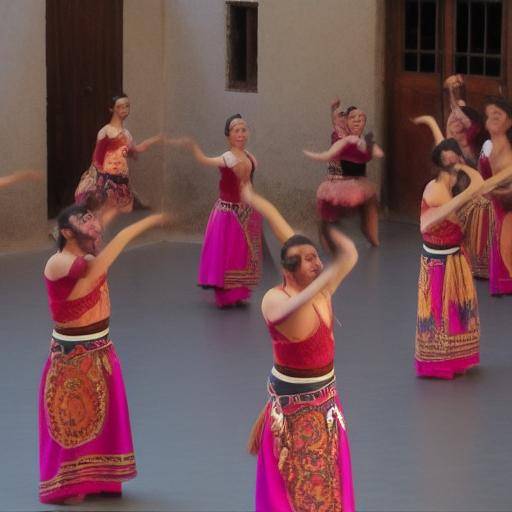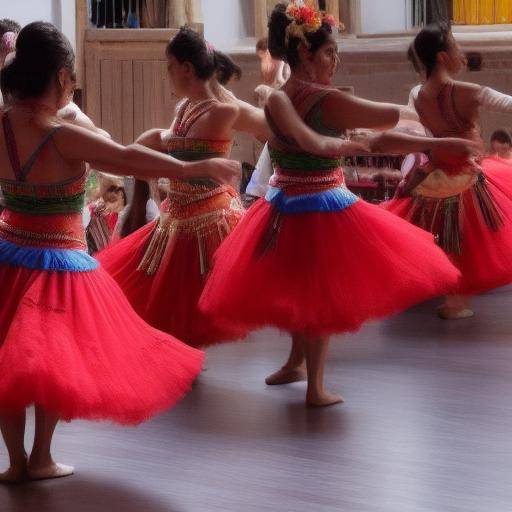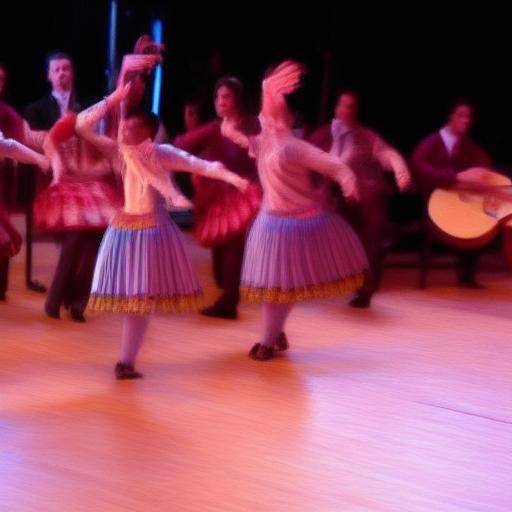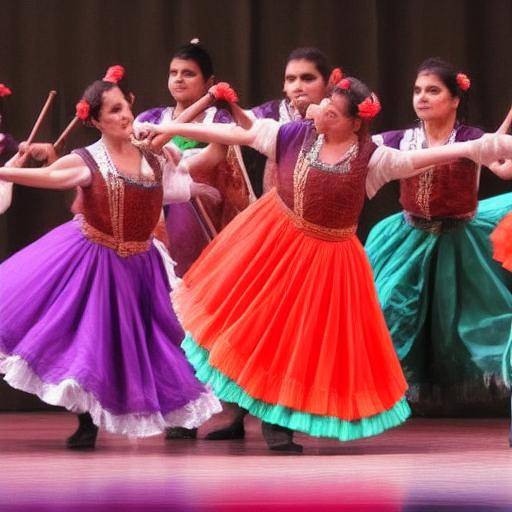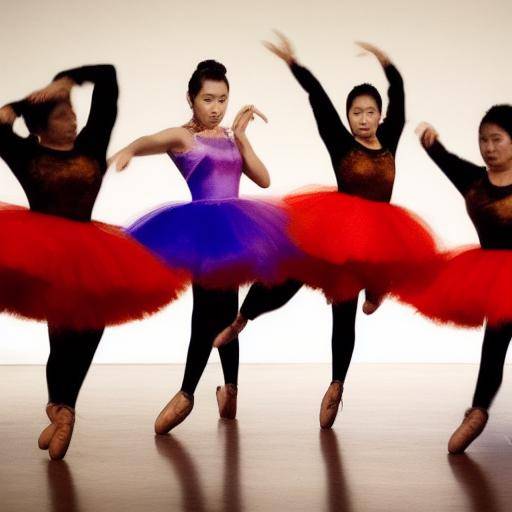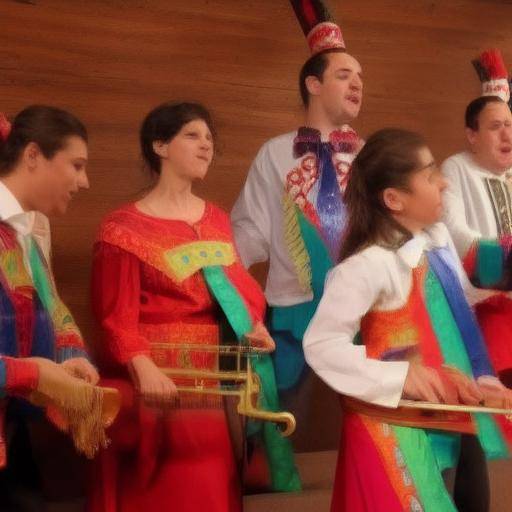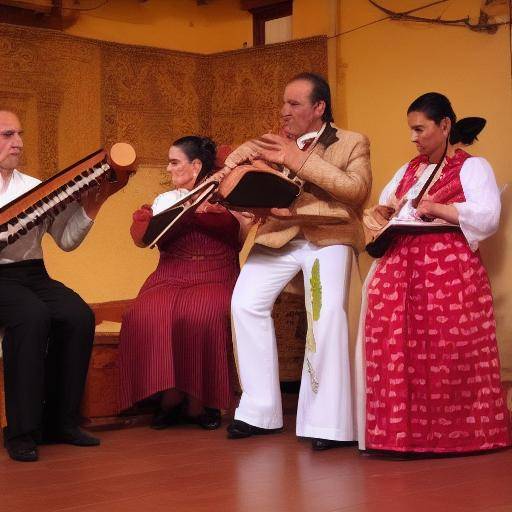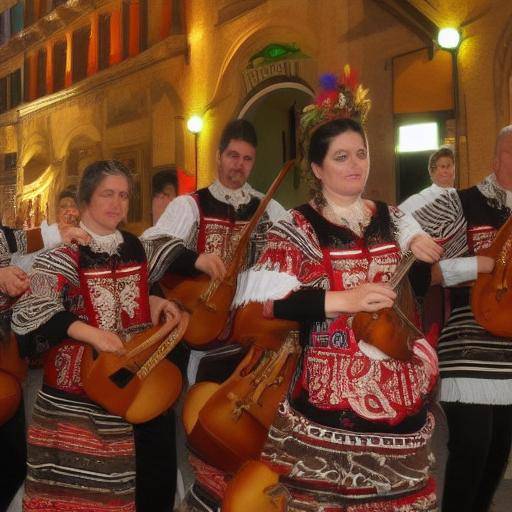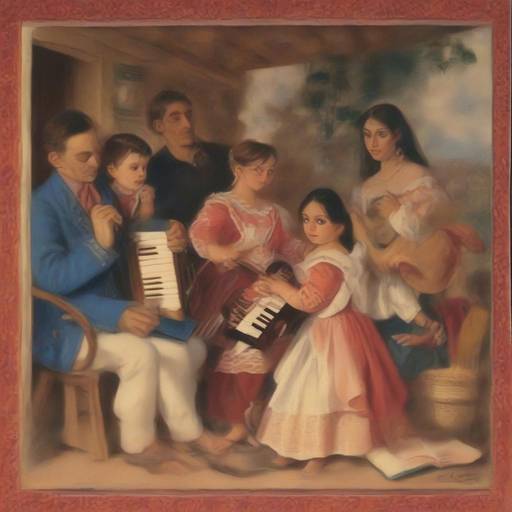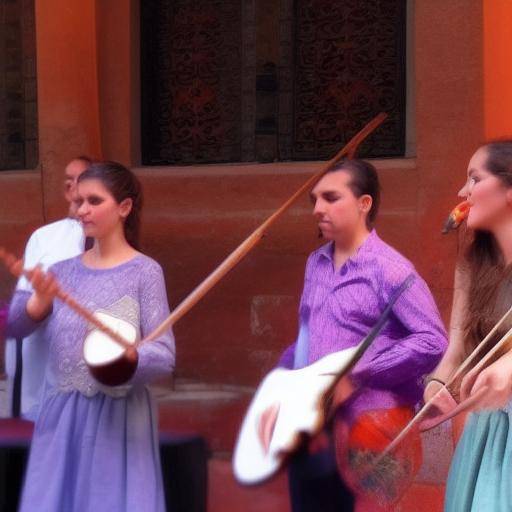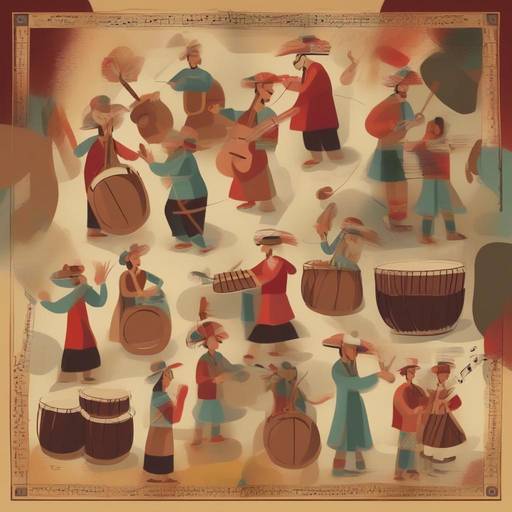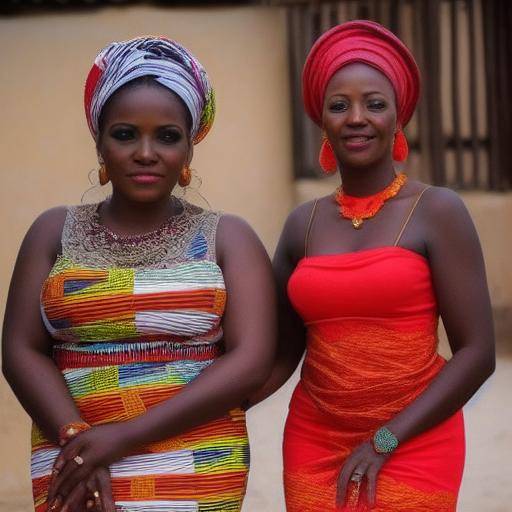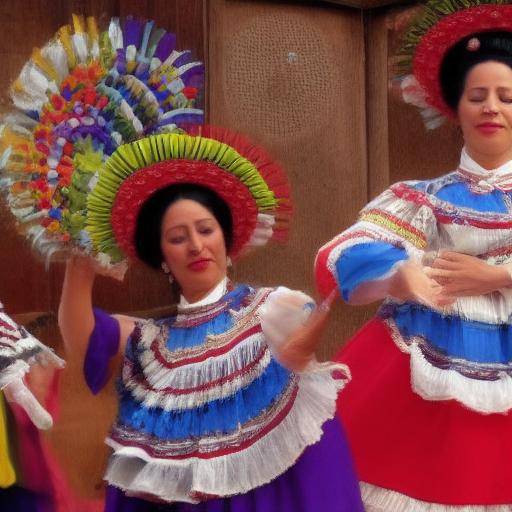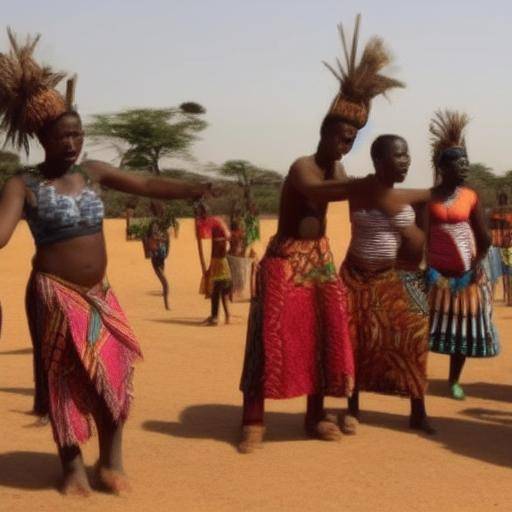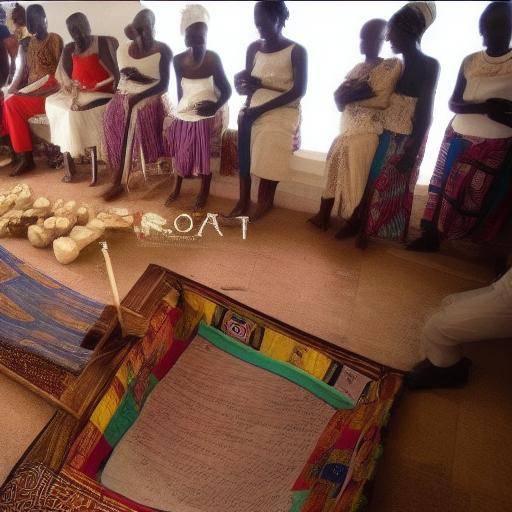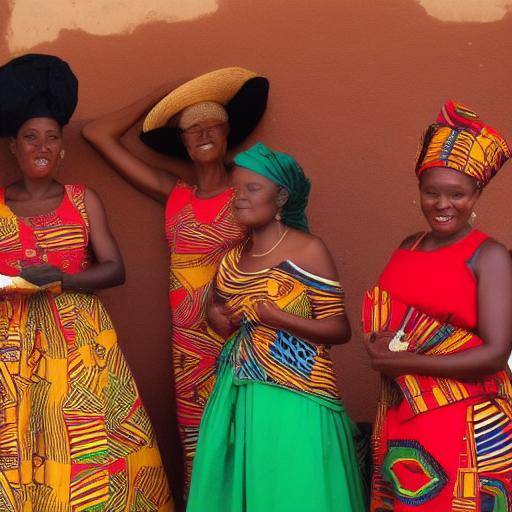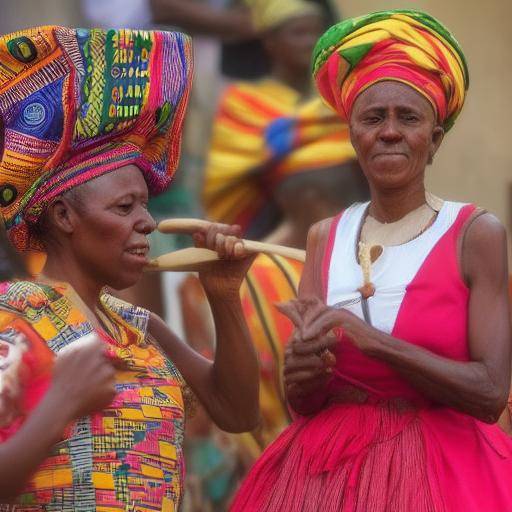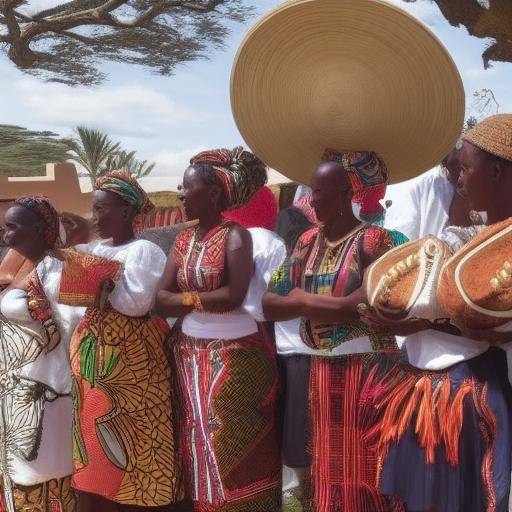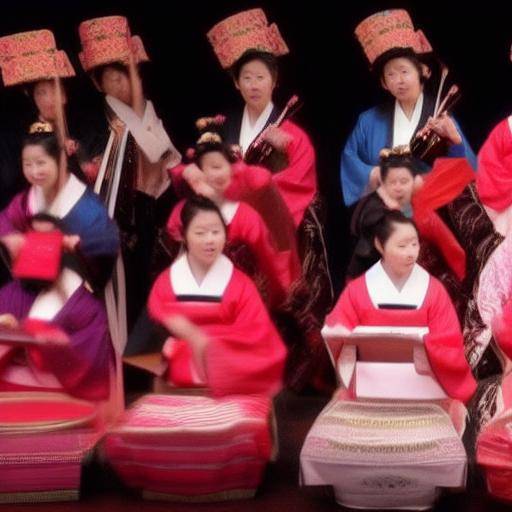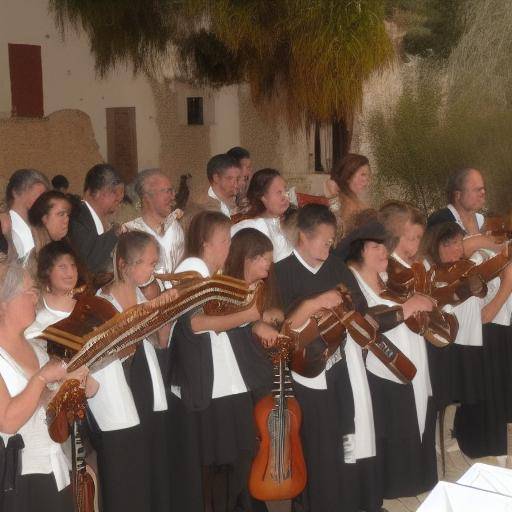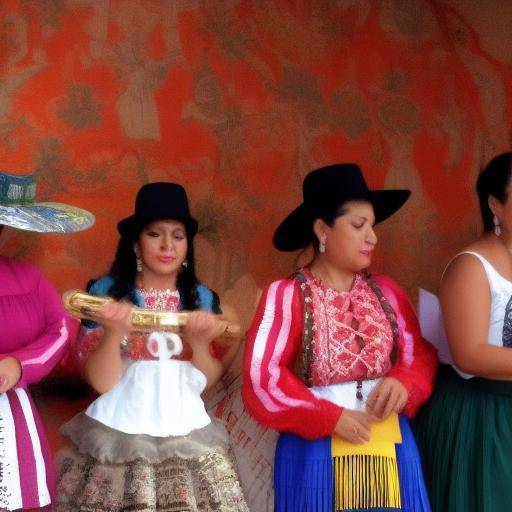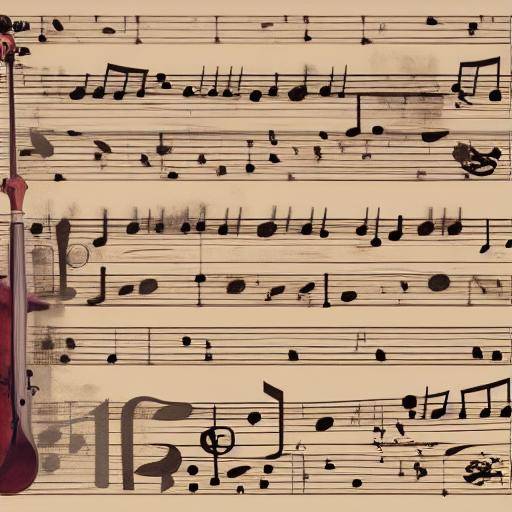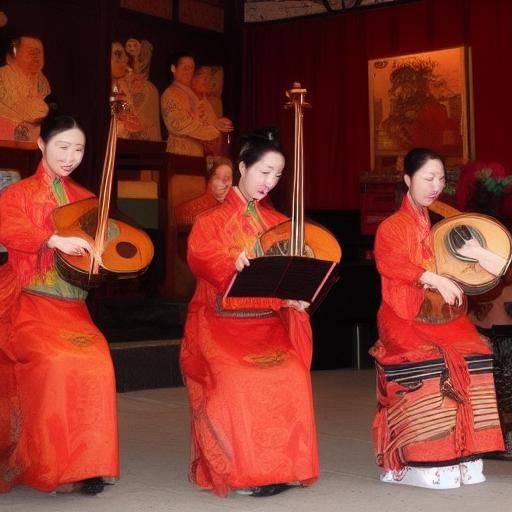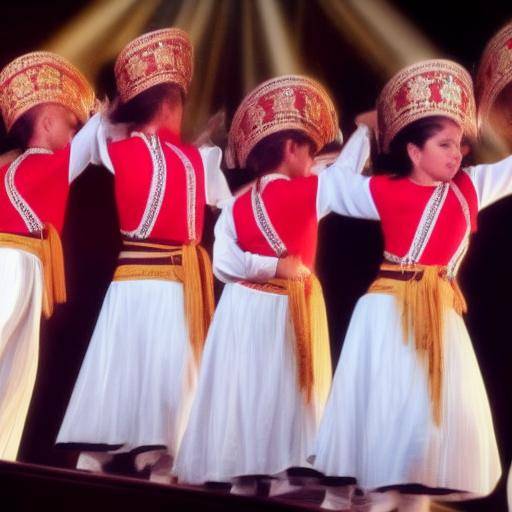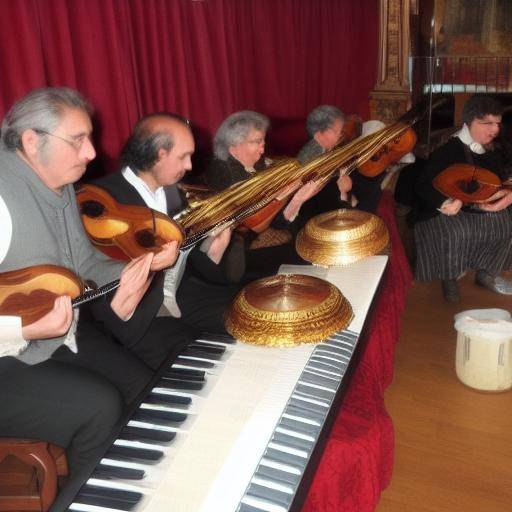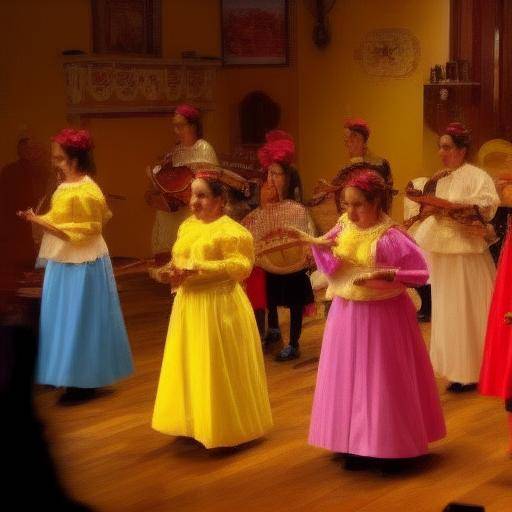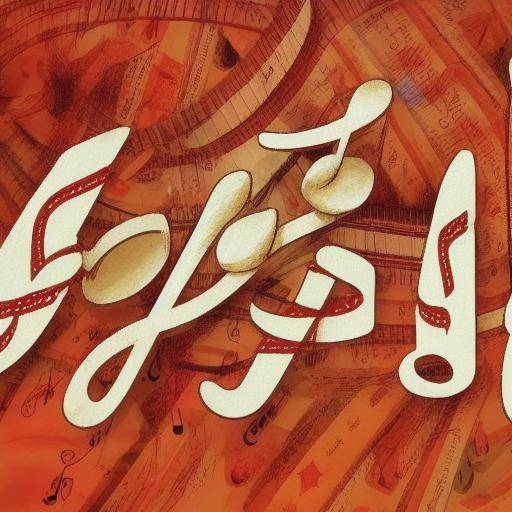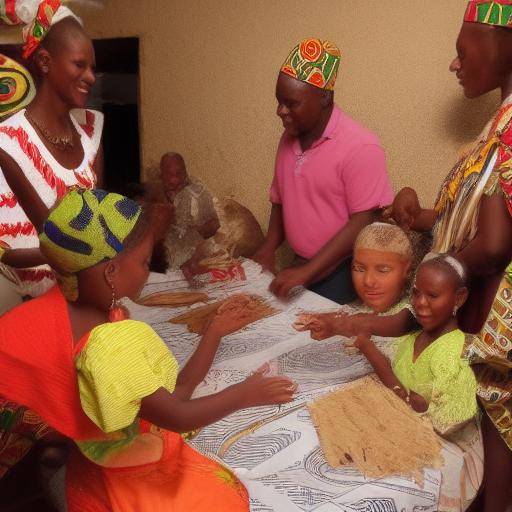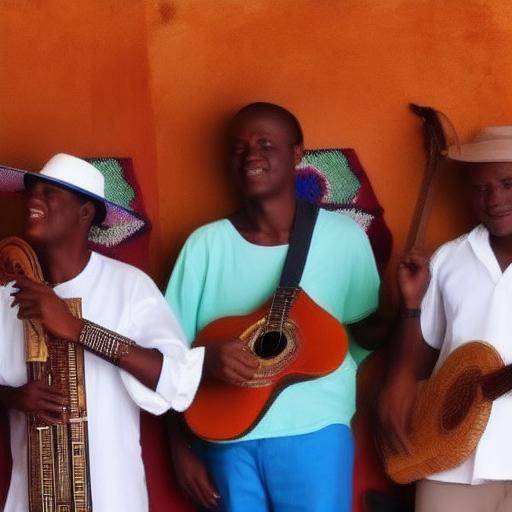
African music is a vibrant and diverse manifestation of musical traditions rooted in the diverse cultures of the continent. From strong percussions to moving melodies, African music plays a key role in cultural expression and the transmission of traditions. In this article, we will explore the rich musical traditions in African culture, its important historical role and its influence on global music. In addition, we will analyze the connections between musical traditions, African culture and contemporary music.
Introduction
African music is a deeply rooted artistic expression in the daily lives of various African communities. Their rhythms, melodies and letters reflect the cultural wealth and history of a diverse and multifaceted continent. From traditional tribal music to innovative urban sounds, African music represents a rich tapestry of musical expressions that have influenced musical genres around the world.
History and Background
Musical traditions in African culture have ancestral roots dating back to millennia. Music played a central role in ritual ceremonies, celebrations, storytelling and expression of emotions. From traditional African drums to string instruments, each musical form brings with it a unique history of tradition and cultural significance.
The arrival of transatlantic trade and European colonization had a significant impact on African music, resulting in a mix of local and foreign musical influences. These cultural exchanges led to the evolution of various musical styles that have left an indelible mark on the history of African music.
Analysis in Deep
Contemporary African music has become a global force, with African artists who stand out in international scenarios and collaborate with musicians from different cultures. This expansion has led to a wider dissemination of African musical traditions, raising the awareness and appreciation of these unique artistic expressions.
However, the preservation of African musical traditions is not without challenges. The influence of globalized music and changes in musical consumption patterns raise questions about the authenticity and preservation of African musical roots. Despite this, the creativity and resilience of African musicians continue to shape the evolution of contemporary African music.
Exhaustive examination
Musical traditions in African culture find applications in a variety of fields, from education to the promotion of cultural heritage. Musical instruction and ethnic festivals have been instrumental in transmitting these traditions to future generations, fostering greater understanding and appreciation of African cultural wealth.
However, it is important to recognize that the preservation of African musical traditions should not be limited to mere static conservation, but should also adopt a dynamic perspective that promotes the innovation and continuity of African music. The balance between preserving roots and embracing musical evolution is crucial to ensuring the vitality and relevance of musical traditions in African culture.
Comparative analysis
African music, with its different rhythms and styles, exhibits an incomparable diversity that reflects the richness and plurality of African culture as a whole. From tribal musical traditions to contemporary urban genres, African music offers a fascinating panorama of the continent's cultural multiplicity.
Innovations in African music have generated significant interactions with global music, leading to fruitful collaborations that have enriched the world music scene. This fusion of influences serves as testimony to the ability of African music to transcend borders and connect people through their powerful soundings. The interconnection between musical traditions, African culture and contemporary music is a living testimony of the creative force and the lasting relevance of African music in the global landscape.
Practical Tips and Accessible Recommendations
If you want to immerse yourself in the rich African musical traditions, consider exploring ethnic music festivals or taking a cultural trip to Africa to experience first-hand the musical diversity of the continent. In addition, supporting African artists and spreading their music can contribute to the preservation and promotion of these valuable traditions.
Perceptions of Industry and Expert Reviews
Collecting ideas and perceptions of experts from the African musical industry is fundamental to understanding the current state and future of musical traditions in African culture. Comments and analysis by renowned African musicians, ethnomusicologists and producers offer valuable insights on the evolution and impact of African music on the global stage.
Case Studies and Practical Applications
Exploring case studies that demonstrate the practical applicability of African musical traditions in contemporary contexts emphasizes the relevance and lasting influence of these musical expressions. From the integration of traditional rhythms in popular music to the preservation of ancestral sounds through innovative production techniques, case studies illustrate how African musical traditions continue to inspire and enrich modern music.
Future Trends and Predictions
The future of musical traditions in African culture seems promising, with an increase in transnational partnerships and the integration of African musical elements into globalized genres. The predictions suggest that African music will continue to gain influence and recognition, serving as a bridge between historical musical heritage and contemporary currents.
Conclusions
In short, musical traditions in African culture are an invaluable treasure that has enriched the global musical panorama with its diversity, vitality and cultural depth. African music, rooted in the history and identity of its peoples, transcends borders to resonate in the hearts and ears of audiences around the world. In exploring these traditions, we discover a charming universe of sounds that captivate, inspire and connect people through the universal language of music.
Frequently asked questions
What are some of the most emblematic traditional African musical instruments?
The kora, the djembe, the balfón and the talking drum are just some of the many traditional African musical instruments that play a leading role in the musical expressions of the continent. Each of these instruments has a rich history and cultural meaning within their respective communities, contributing to the sound diversity of African music.
How does African music influence contemporary musical genres?
The influence of African music is manifested in a wide range of contemporary musical genres, from jazz and funk to hip-hop and electronic music. The rhythms, melodies and structures of African music have left an indelible mark on global music, inspiring artists and musicians from diverse cultures to incorporate African elements into their creations.
What is the role of music in the preservation of African culture?
Music plays a crucial role in preserving African culture by serving as a vehicle for transmitting traditions, myths, stories and cultural values from generation to generation. In addition, African music acts as a powerful means of reaffirming cultural identity, fostering pride and community unity, and preserving the musical heritage of Africa.
What challenges do African musical traditions face in the contemporary era?
African musical traditions face challenges such as the influence of globalized music, the loss of local languages and dialects, and the pressure to adapt to contemporary musical trends. The balance between preserving the authenticity of musical traditions and adapting to cultural and technological changes represents a significant challenge for the continuity of African music.
How can African musical traditions be supported and promoted?
The support and promotion of African musical traditions can be achieved through the dissemination and appreciation of African music, the support of ethnic music festivals, the creation of educational programmes focused on African music, and the strengthening of links between African musicians and the global music industry. Moreover, the preservation of traditional musical knowledge and techniques through intergenerational documentation and transmission is critical to ensuring the sustainability of African musical traditions.
What is the impact of African music on the identity and self-esteem of African communities?
African music plays a crucial role in strengthening the identity and self-esteem of African communities by providing a means to express the history, culture and experiences of African peoples. Music acts as a link between the past and the present, fostering a sense of belonging, celebration and cultural resistance that enriches the lives of African communities and nourishes their cultural pride.
To what extent has African music influenced world-wide popular music?
The influence of African music on world popular music is extensive and diverse, having contributed significantly to the development of musical genres such as blues, rock, reggae, Afrobeat and many more. The rhythmic wealth, the polyphony and the emotivity of African music have left an indelible mark on global music, inspiring artists from all over the world to incorporate African elements into their productions.
African music, rooted in a millennial history and unparalleled cultural diversity, is an invaluable treasure that continues to captivate and enrich the global musical landscape. Its ability to transcend borders, connect cultures and enrich human experience through artistic expression is a testimony to its lasting relevance and its lasting impact on music and culture worldwide.
With this, readers are encouraged to explore more deeply the fascinating musical traditions in African culture and to celebrate the richness and diversity of African music as an invaluable heritage for humanity.

